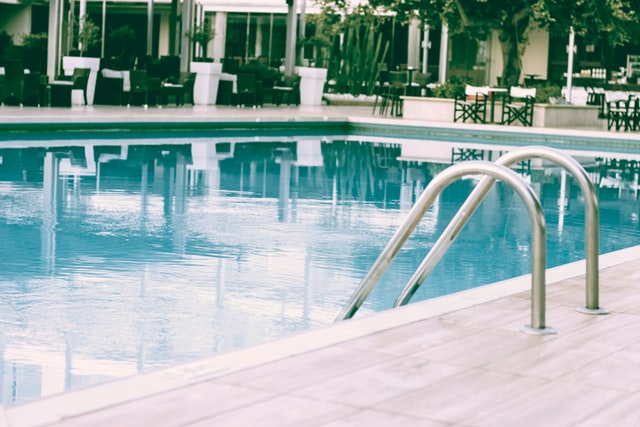Summertime is the perfect time to take a dip in your pool, but did you know that it’s also the perfect time for a safety inspection? Out Fast Management Team advises, pool safety inspections are an important part of keeping your pool and your loved ones safe. This blog post will discuss everything you need to know about pool safety inspections. We will cover what they are, why they are important, and what you can expect from one. So stay safe this summer by following these tips!
What are pool safety inspections?
A pool safety inspection is an assessment of your pool and its surroundings. A pool inspector will look at the water, the barriers that keep people out when they shouldn’t be in (like fences), and other things like drains or covers. They are a great way to make sure everything around your property meets local standards so you can relax knowing everyone who enters has fun without any worry! The pool safety certificates that you get from these inspections will also help protect against liability if someone ever gets hurt while swimming in your pool.
Why are they important?
Pool inspections are required by law in some areas, but even where it’s not mandatory- it’s still highly recommended because it’s always better safe than sorry! Pool inspectors check for all sorts of potential hazards, including sharp edges on ladders or diving boards as well as improper fencing heights, which might allow children access into dangerous waters unsupervised. They also inspect drains and covers that might risk swimmers (especially small children).
What should one expect from a pool safety inspection?
A professional inspector will be able to identify hazards in your backyard or swimming area so they can advise you on what steps need to take place before anyone enters the water again! The inspection usually takes about one hour, but please allow time depending on how many questions there are during this process.
What are a few basic things to consider before having pool safety inspections?
1 Make sure you have a current lifeguard on duty at all times
If not, please contact one immediately.
2 Make sure all equipment and supplies are in working order before opening day
This includes life preservers, first aid kits, rescue tubes (for pools), etc.
3 Ensure that there is someone trained as first aid on duty at all times – this might mean hiring extra staff members to be safe!
4 Make sure the fence or wall around your pool is tall enough and in good condition
Most areas have height requirements for fences surrounding pools, so please be sure to check with your local authorities before purchasing a new one – or having an old one repaired!
How do you keep your pool clean?
It’s important to keep the water in your swimming pool clean and clear. This can be done by vacuuming it regularly, skimming debris off its surface with a net or other device, testing pH levels (acidity), adding chlorine when needed- but don’t forget about checking PH too!
What is the best way to test alkalinity levels?
The easiest way would be using an inexpensive kit from any hardware store. Remove a sample from deep inside the pool and place it into one side of this container; then add drops until it turns blue. If the water doesn’t change color, your pool is too acidic and needs more alkaline products added!
What are some signs that my chlorine levels may be too high?
If you notice any of these symptoms: red eyes, itchy skin, or coughing when breathing near an area where there’s been heavy use like swimming laps with friends.”
How much does it cost?
These inspections can range anywhere from $50-$150 depending on what needs to be looked over during the inspection and if there are any additional repairs needed after all has been completed.
Read More:
Are swimming pools safe? The truth about private and public pools


